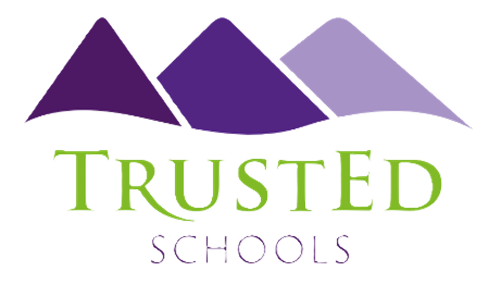What is cyberbullying and online harassment?
Making comments or posts online that are deliberately abusive, offensive, threatening, or inflammatory. Liking and sharing this kind of abuse can also count as bullying and harassment. Online bullies and harassers use all sorts of platforms, including social media (like Facebook, Twitter, Snapchat, and Instagram), forums, gaming sites, comments sections, mobile phone chat groups and more. Watch the video from Internet Matters to find out more.
How can I stay safe on the internet?
Cyberbullying and online harassment can be extremely distressing. They can be even be classed as criminal offences in some cases. However, there are plenty of organisations you can turn to for help, including charities, social media service providers, and the police.
Here’s an overview of what online bullying is, how you can avoid it, and where you go for advice:
Think before you post: When posting or commenting online, consider what you say and what effect it may have. Never post comments that are abusive, threatening or are likely to cause offence to others.
Keep personal information personal: Do not say anything or publish pictures that might later cause you or someone else embarrassment. Be aware of what friends post about you, or how they reply to your posts – particularly about your personal details and activities.
Make the most of privacy settings: Keep your profiles closed, allowing access only to your chosen friends and family.
Report cyberbullying to internet service providers: Lots of content online is offensive or upsetting. It’s not always a criminal offence, but it often violates the terms and conditions established by social media sites and internet service providers. Service providers are often keen to take action against users who abuse their terms of service.
If you believe that you are the victim of online bullying, keep a record of the content (for example, take a screenshot). You can use this to help your report to the service provider and, if necessary, the police.
A Parents guide can be found here: Parent Guide (available on request)
A students guide to staying safe can be found here: Student Guide (available on request)
Quick Links
Parents Guide to Cyberbullying: Web Link
Link to Shropshire Council on Child Sexual Exploitation: Web Link
Link to West Mercia Police Guide to Cyberbullying: PDF Link
Link to West Mercia Police Guide to Cyberbullying and Harassment: Link
Department for Education advice on keeping your child safe online during the pandemic: Web Link
Telford and Wrekin Children Safeguarding Board Staying Safe Online: Link
Guide to Hate Crime: Link
Upsetting Content Online
Sometimes, your child may see or watch something online that is upsetting, distressing, or not age appropriate. There are some useful web articles which offer advice on what to do in these situations...
Childnet - Access article
Think You Know - Access Article
Online and Mental Health
Visit our Emotional Wellbeing page for links, sites and videos. There is a useful tool online called Ollee which is a helpful resource for Parents and Children.



